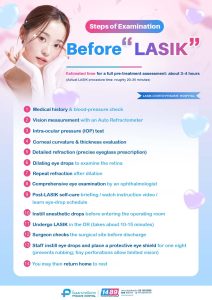- Urology Center
About
Our Urology Center provides comprehensive diagnostic and treatment services for both male and female patients with urinary system disorders, including conditions affecting the kidneys, ureters, bladder, prostate, and urethra. Additionally, we offer treatments for reproductive system diseases and sexual health disorders.
We incorporate advanced medical innovations and cutting-edge surgical techniques to ensure the highest standard of care for our patients.
We incorporate advanced medical innovations and cutting-edge surgical techniques to ensure the highest standard of care for our patients.
Medical Services
Surgical Treatment for Urinary Incontinence
- Performed using specialized surgical equipment for effective results.
Kidney Stone Treatment
- Extracorporeal Shock Wave Lithotripsy (ESWL) for non-invasive stone removal.
- Endoscopic (minimally invasive) procedures for stone removal via the urinary tract.
Minimally Invasive & Laser-Assisted Prostate Surgery
- Endoscopic surgery for enlarged prostate (BPH) using laser technology to enhance precision and recovery.
At our Urology Center, we are committed to providing modern, safe, and effective treatments to improve our patients’ quality of life.







